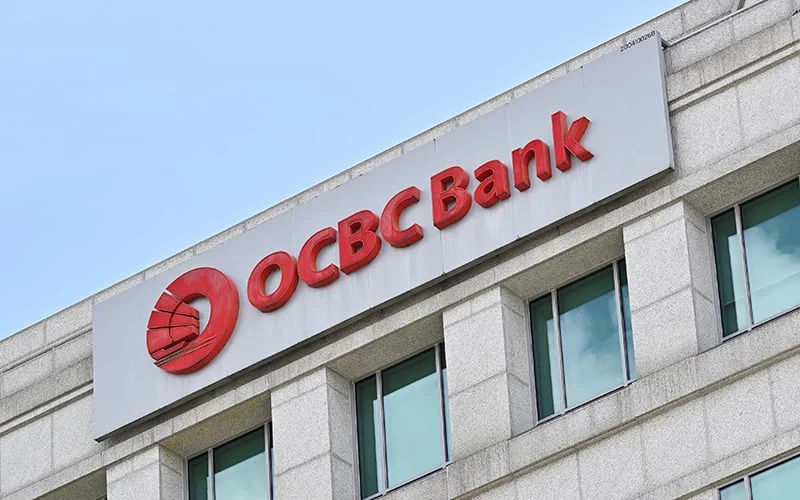OCBC, the second largest bank in Southeast Asia, has filed a claim against Su Baolin, one of the key suspects in Singapore’s largest money laundering scandal. The bank seeks to recover about $15 million in loans and interest.

According to a Bloomberg report, OCBC has initiated legal proceedings against Su Baolin, a Cambodian passport holder, who faces charges related to forgery and money laundering.
The bank has filed a claim in the High Court of Singapore, seeking approximately S$19.7 million or around $14.7 million. The majority of this sum is related to a residential mortgage, while the rest is from credit card debt.
Moreover, OCBC has made a bold move by seeking a court order to take possession of a property currently being built in Sentosa Cove, an upscale residential area.
The property, which is valued at S$23.8 million or around $17.7 million, is owned by Su and his wife, who are both in remand since their arrest in August. The bank has also requested the court to appoint a receiver to manage the property.
The lawsuit is the first instance of a financial institution in Singapore actively seeking redress in the aftermath of the shocking revelations.
The bank has declined to comment on the lawsuit, and an affidavit revealed unsuccessful attempts to serve Su, who has been in custody since August 15.
OCBC leads the justice charge in Singapore’s largest money laundering scandal
The lawsuit adds a layer of complexity to an already intricate case, raising questions about the extent of financial institution’s involvement in the pursuit of justice.
The case, which is Singapore’s largest money laundering scandal, involves ten Chinese-born individuals who allegedly laundered more than S$10 billion or around $7.4 billion through various banks and crypto platforms.
Singapore police, in a sweeping anti-money laundering move, has seized and frozen more than S$2.8 billion or around $2.1 billion in assets since the island-wide raid in August.
This includes properties, cash, bank accounts, and cryptocurrencies linked to the ten individuals arrested. The police have also collaborated with foreign authorities to trace and restrain assets held overseas.
Meanwhile, Su and his wife have seen S$99 million or around $73.6 million of their assets restrained and barred for disposal, reflecting the magnitude of the ongoing scandal.
Su, who is considered one of the masterminds of the scheme, allegedly used fake identities and documents to open bank accounts and transfer funds. He also allegedly used crypto platforms to convert and launder money.
The lawsuit also highlights the challenges and opportunities that OCBC and other financial institutions face in the evolving financial landscape. The bank, which is one of the largest lenders in Singapore, has been at the forefront of adopting digital and crypto innovations.
The bank has partnered with several crypto platforms, such as Gemini and Binance, to offer banking services to their customers. It has also launched its own digital banking platform, OCBC OneWealth, which allows customers to access various investment products, including crypto assets.
However, the bank also faces risks and responsibilities in dealing with crypto-related transactions, especially in the context of anti-money laundering and counter-terrorism financing regulations.
The bank has to comply with the Payment Services Act, which requires payment service providers, including crypto platforms, to obtain a license from the Monetary Authority of Singapore and adhere to its rules and guidelines. The bank also has to conduct due diligence and monitor suspicious activities on its platforms and accounts.

